Cliff Richard: renewed questions about media and the police
Why did police not warn singer of their raid - and why did BBC feel it was justified to embarrass him?
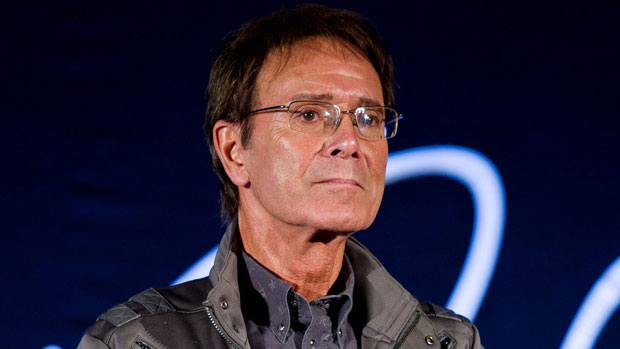
A free daily email with the biggest news stories of the day – and the best features from TheWeek.com
You are now subscribed
Your newsletter sign-up was successful
In 1962 a fresh-faced Cliff Richard sung his way into the nation’s heart with the song Summer Holiday. There would, he chanted, be "fun and laughter… no more worries for me or you".
Fifty-two years later his current summer holiday has been shattered by an historical allegation of sexual assault on an under-age boy. He vehemently denies any wrong-doing and, judging by most reactions, there is considerable sympathy for his situation. But, even if the accusation disappears tomorrow, its consequences will hang over the rest of Richard’s thus far golden life.
We wake regularly to news of fresh arrests or further convictions of celebrities accused of sex crimes in the distant past. But, for most, this one came like a bolt from the blue: many believed that once the Savile case had attracted so much attention – TV documentaries, articles, even books – anyone with an allegation to make would long since have come forward.
The Week
Escape your echo chamber. Get the facts behind the news, plus analysis from multiple perspectives.

Sign up for The Week's Free Newsletters
From our morning news briefing to a weekly Good News Newsletter, get the best of The Week delivered directly to your inbox.
From our morning news briefing to a weekly Good News Newsletter, get the best of The Week delivered directly to your inbox.
The accusation against Richard is said to have been made in Sheffield 14 months ago, a long time for police to wait before taking action.
The revelation of a police investigation has been a shambles and raises renewed concerns about relations between the media and the police.
Sir Cliff was holidaying in Portugal while police took his English home apart and only learned of the raid after the BBC had broadcast its scoop. How come the BBC was waiting at the singer's penthouse flat in the Berkshire countryside when the plain-clothes officers bowled up in a convoy of unmarked cars?
Dominic Grieve, attorney general until the recent Cabinet reshuffle, suggests the cops have explanations to make: he called the South Yorkshire police inquiry "odd" and "very questionable". Camera crews backed by a helicopter do not wander the country on the chance of stumbling on such a story.
A free daily email with the biggest news stories of the day – and the best features from TheWeek.com
Michael Parkinson, the one-time chat show host, weighed into the BBC, accusing it of leading a media witch-hunt. "Anyone not charged should not be named by the police, and shouldn’t be reported in the newspapers either," he said.
Confusingly, the police have changed their story: at first they thanked the media for publicising the case and thus flushing out new witnesses, though they would not say what kind of further information was revealed.
However, they then said that the BBC had forced them (seemingly reluctantly) to confirm the timing of the search by claiming that it already knew of the investigation and would broadcast this fact in any event, thus potentially jeopardising the search operation.
So the police – apparently - confirmed the time of raid with the BBC in order to avoid a potentially damaging advance news report.
Richard himself has said that innuendos, of which he was aware, had been flying about the internet for some time. He had decided not to dignify them with a comment, which would have revitalised the rumours with the oxygen of publicity.
There are rules (seldom applied) about what can be published in the event of a police investigation, and these should preclude the naming of a suspect (for that is what Sir Cliff has in effect become, in the public eye) before he has been charged, never mind before he has even been arrested.
Journalists and broadcasters, aware that the greatest danger they appear to face is a slap on the wrist, have in recent years driven a coach-and-horses through this prohibition. Remember the case of Christopher Jefferies, the school teacher named in December 2010 by some papers as the likely killer of 25-year-old landscape architect Jo Yeates.
Jeffries was the original (although totally innocent) police suspect, apparently on the grounds that he was the victim’s landlord and looked – in police and tabloid eyes – odd, with seemingly tinted hair. Jefferies successfully sued many papers and became a supporter of Hacked Off, the organisation that wants the press placed under statutory control. The media, briefly, reined in their enthusiasm for jumping the gun.
Might the BBC, possibly still smarting from its failure to broadcast a Newnight programme that would have exposed Jimmy Savile’s multitudinous crimes (a failure that, in part, led to the removal of the then director-general), have decided to fulfil the age-old media adage of "publish and be damned"? Could it afford to face further accusations of being pusillanimous? A scoop is a scoop, and in these days of competitive round-the-clock news coverage, snap decisions must be made or advantage lost.
However, it might be asked whether the BBC ought to be carrying out this sort of journalism. As the ‘state’ approved broadcaster, should it not confine itself to reporting? Somehow, since the dodgy dossier affair that so traumatised the BBC a decade ago, it has not found its balance. Go back the day job, some are tempted to implore.
South Yorkshire police feel aggrieved – and have written a letter to say so – that the BBC was slow to acknowledge the sequence of events and to admit that the force was not the "source" of a leak. The letter accuses the BBC of contravening editorial guidelines.
But questions remain: why was Cliff Richard – abroad and on holiday – put in the position of standing accused of a reputation-destroying offence without even being warned by the police that his home was to be raided? Why did the BBC think it right to embarrass a public figure (at that point unaware of anything more than internet rumours) in such a publicity-grabbing way?
Did other media organisations, knowing that an accusation had been made against the singer, responsibly hold back until Sir Cliff had at least been questioned by the police? This, given the swirling rumours online, seems likely. Most important – should a formal charge ever be levelled against him – could Cliff Richard hope to have a fair trial, untainted by speculation and gossip? His fans fear not.
-
 Switzerland could vote to cap its population
Switzerland could vote to cap its populationUnder the Radar Swiss People’s Party proposes referendum on radical anti-immigration measure to limit residents to 10 million
-
 Political cartoons for February 15
Political cartoons for February 15Cartoons Sunday's political cartoons include political ventriloquism, Europe in the middle, and more
-
 The broken water companies failing England and Wales
The broken water companies failing England and WalesExplainer With rising bills, deteriorating river health and a lack of investment, regulators face an uphill battle to stabilise the industry
-
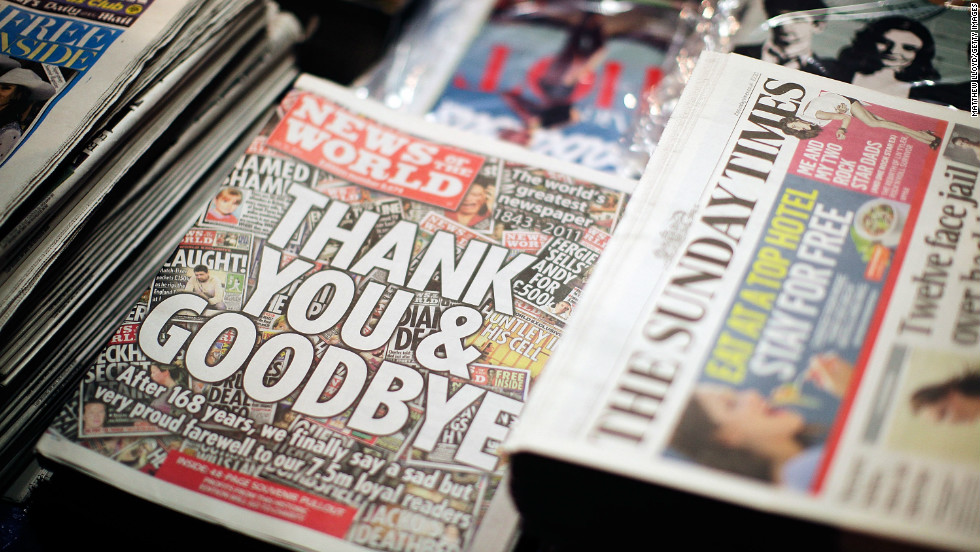 The most controversial British scandals of the 21st century
The most controversial British scandals of the 21st centuryIn Depth From Windrush to Oxfam, the past 23 years has seen a series of controversies
-
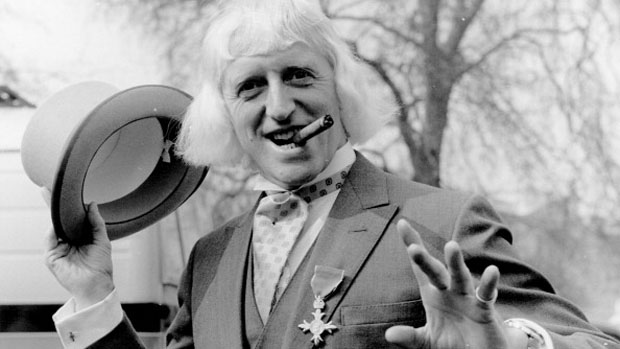 Jimmy Savile report: 'serious failings at BBC'
Jimmy Savile report: 'serious failings at BBC'In Depth 'Culture of fear' allowed sexual abuses to continue undetected, concludes Dame Janet Smith
-
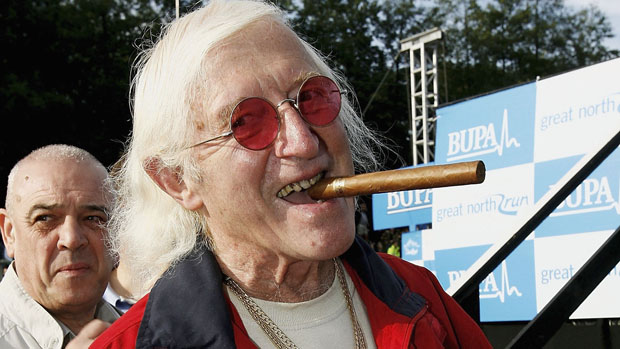 Jimmy Savile report: 'abusers could still be lurking in the BBC'
Jimmy Savile report: 'abusers could still be lurking in the BBC'Speed Read Leaked draft attacks 'deferential culture, untouchable stars and above the law' managers
-
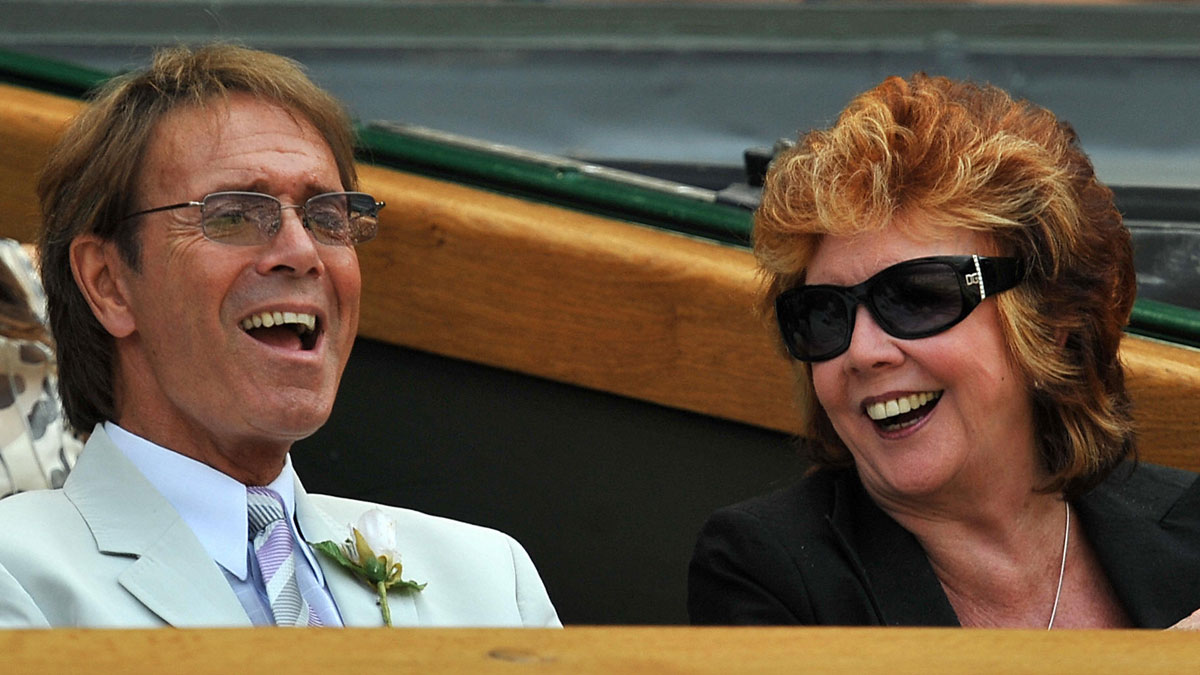 Sir Cliff Richard to sing at Cilla Black's funeral
Sir Cliff Richard to sing at Cilla Black's funeralSpeed Read Fans invited to line two-mile route to see cortege pass through Liverpool
-
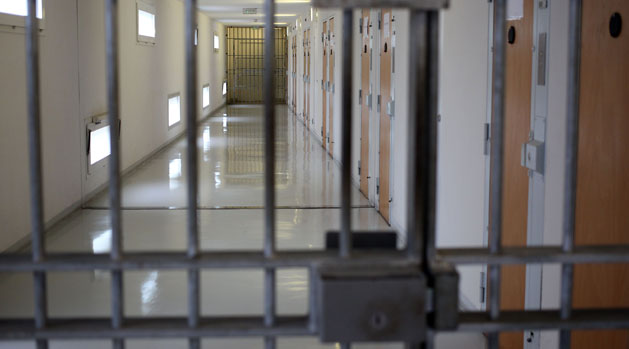 Genetic link to sex crime found: but will it help prevent abuse?
Genetic link to sex crime found: but will it help prevent abuse?In Depth Male relatives of sex offenders likely to commit similar crimes and could be offered 'preventative therapy'
-
 Max Clifford: downfall of Grub Street’s ultimate sleazeball
Max Clifford: downfall of Grub Street’s ultimate sleazeballIn Depth More than the story of one man’s hypocrisy: it’s another dagger-blow to Britain’s tabloid culture
-
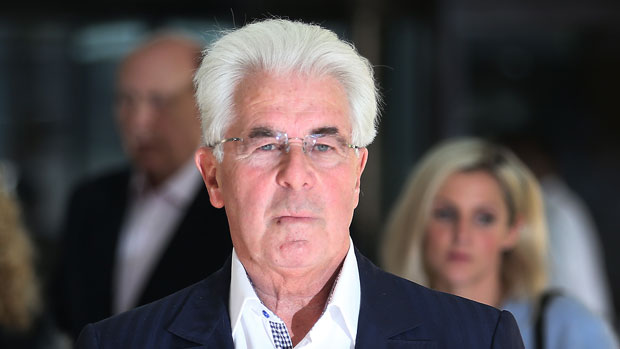 Max Clifford guilty of eight charges of indecent assault
Max Clifford guilty of eight charges of indecent assaultSpeed Read Publicist Max Clifford convicted of a string of sexual assaults on young women and teenagers
-
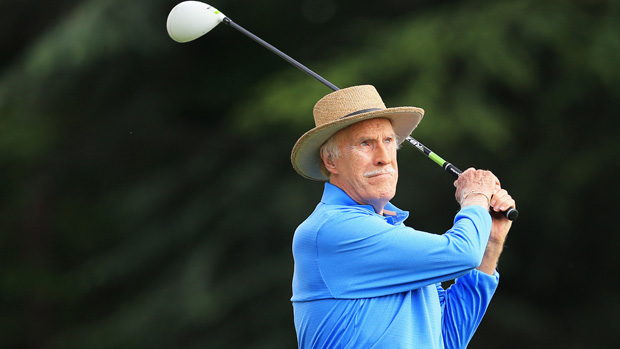 Virginia Water: the village where houses cost £1m and up
Virginia Water: the village where houses cost £1m and upIn Depth Want Bruce Forsyth as a neighbour? You'll need to be cashed up to live in Britain's costliest village